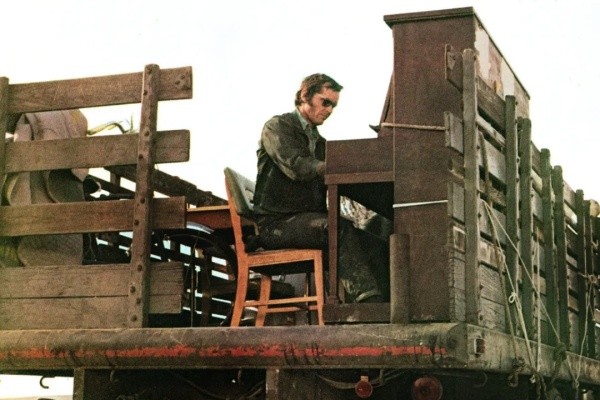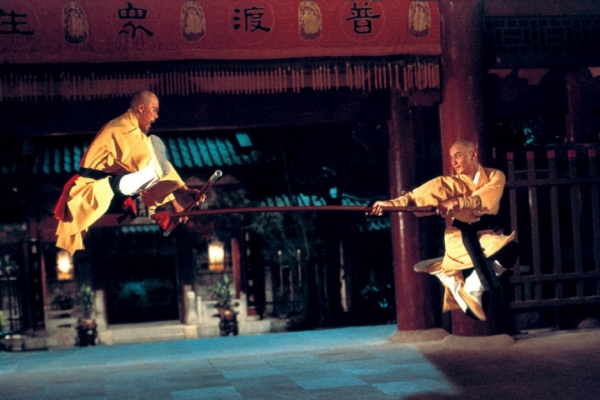This early underrated work from Stanley Kwan may seem like it is all over the place in terms of tone and storytelling, but he just about pulls it off in its depiction of wasted youth and listlessness.

Review #2,448
Dir. Stanley Kwan
1986 | Hong Kong | Drama/Romance | 96 mins | 1.85:1 | Cantonese & Hokkien
NC16 (passed clean) for sexual scene
Cast: Tony Leung Chiu-Wai, Irene Wan, Elaine Jin, Tsai Chin, Chow Yun-Fat
Plot: Four young people spend their time living the wild life – until one of them is brutally murdered in a burglary. The survivors come under the scrutiny of an eccentric cop, and their underlying fears and regrets slowly but surely emerge.
Awards: –
Distributor: Fortune Star
Accessibility Index
Subject Matter: Moderate – Youth Listlessness
Narrative Style: Slightly Complex
Pace: Normal
Audience Type: Slightly Mainstream
Viewed: Oldham Theatre – Asian Film Archive
Spoilers: No
This early work that brought Stanley Kwan to the attention of purveyors of Hong Kong cinema in the ’80s is fairly underrated. Now restored, it could reach more audiences who enjoyed the likes of Rouge (1987), Center Stage (1991) and Lan Yu (2001) from the filmmaker.
Starring a young-looking cast featuring Tony Leung Chiu-Wai, Chow Yun Fat, Irene Wan, Elaine Jin and Tsai Chin, Love Unto Waste feels like many films in one, and though that might suggest there is a lack of focus, which is not entirely false, Kwan’s film uses it to his advantage.
It’s a raw and jarring work, moving from black comedy to murder mystery to sensual romance and melodrama without nary a care in the world.
It thrives with its sudden tonal shifts and narrative curveballs, but while it does feel all over the place, Kwan gives us characters who are likeable enough despite their individual flaws and sometimes nihilistic attitudes towards life.
“I’m empty inside. I’m also empty outside.”
The film shows us bustling Hong Kong in the ‘80s, and in an extended segment, a rural Taiwanese village. In the latter sequence, we get a smattering of languages from Mandarin to Cantonese to Hokkien.
Amusingly, one of the characters has to translate Hokkien into Cantonese for another. More amusingly, a local Taiwanese and a Hongkonger become excited about teaching each other their own ‘cultural’ version of a drinking game.
Kwan translates this melting pot of disparate Chinese identities (same same but different) into something that is emblematic of the film’s ‘throwing caution to the wind’ approach, where its rambunctious depiction of wasted youth and listlessness becomes the spark for inner soul-searching and a desire to connect with someone—or something tangible.
Grade: B+
Trailer:
Music:











